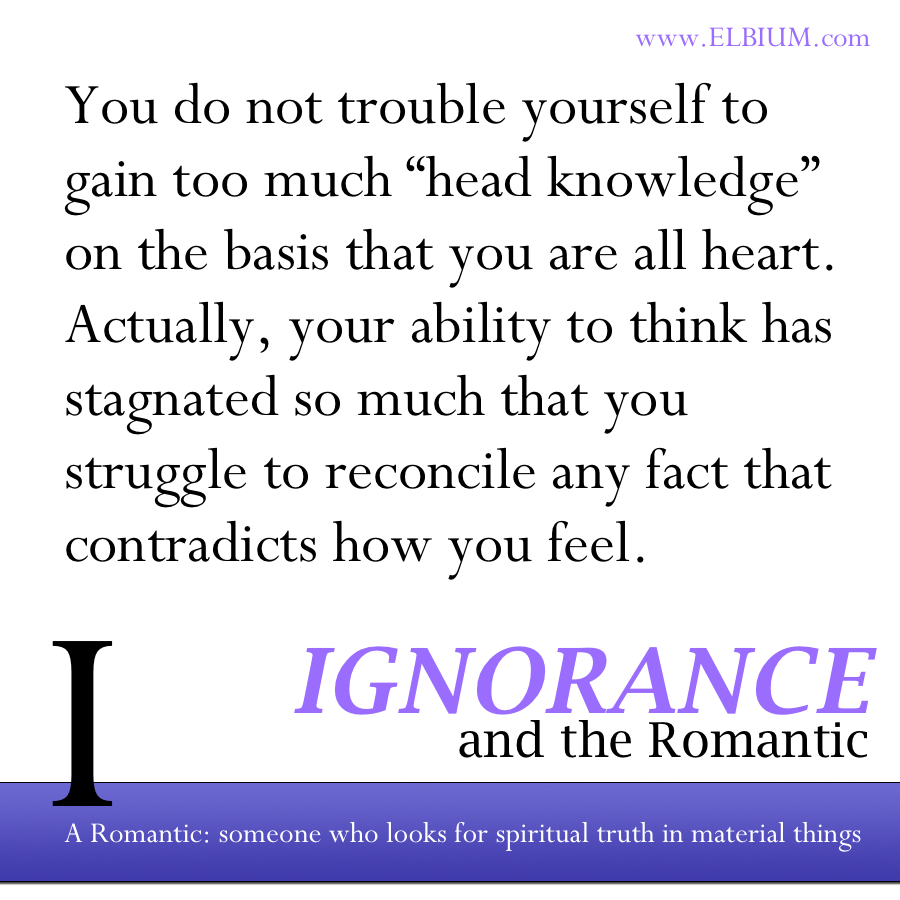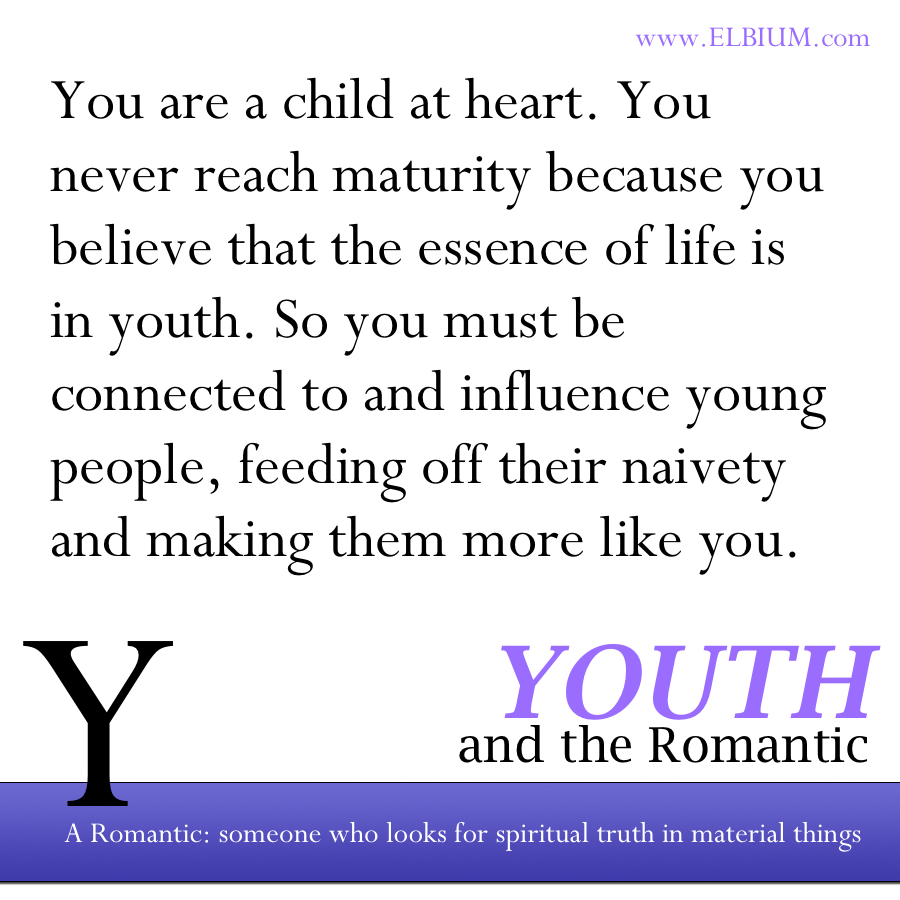This still from my Music Mania promo is a real photo of girls in the town where I was born. They already wear the weary of look of children forced to practise beyond the point of pleasure or even patience. Most children who have undergone Classical music training will remember the day when they reached this same level of “dedication” to music. My Grandmother, an accomplished pianist, associated making music with a much loved teacher and so her effort was associated with happiness.
Read moreSongs for suffering hearts
As he that taketh away a garment in cold weather, and as vinegar upon nitre, so is he that singeth songs to an heavy heart. ~ Proverbs 25.20
When Donald Trump was elected President of the United States of America, many of the artistic types in my social media feed merged into a single repetitive voice: On the one hand, they thought the world had come to an abrupt end; on the other hand, they believed that the inevitable misery would be good for Art.
You see, they believe that Art comes from suffering. (By having their will crossed in a political verdict, they think they are suffering.) They also believe that, if they make music, recite poetry and tell stories in the face of evil, then their Art will atone for the sins of the world.
Read moreThe BBC, 90 years of subverting Christianity in England
John Berger's life and death are being celebrated by the BBC today. His Ways of Seeing programme joins the BBC litany of works that "changed British culture".
The BBC's apparently guileless reporting disguises that fact that from its conception it sought to change British culture. In Music Mania I show how, 1 year after it was granted a Royal Charter, the BBC squandered £2,000 of public money to perform a work by Schoenberg. English composers were aghast that a German composer should be promoted instead of native talent. The amount of money was deemed obscene but was necessary to perform a work with 8 flutes, 5 oboes, 7 clarinets, 10 horns, 5 trumpets, 7 trombones, 6 kettle-drums (and other percussion), 4 harps, full strings, 5 solo singers, 3 male choirs and an 8-part mixed choir. In spite of criticism by the public, the BBC produced another Schoenberg work in 1930, even though in the eyes of the British public his name was "mud".
Read moreThe Romantic: Someone who looks for spiritual truth in material things
Since most people are unaware of their own “Romantic” attitudes, the following definitions have been prepared to bring home the practical outworking of Romanticism in our lives today. Anyone who would like to understand the origins of Romanticism should read Tim Blanning’s rather uncritical work, The Romantic Revolution. In Music Mania I demonstrate how music became the exclusive domain of the Romantic movement.
This philosophy appears to be innocent and inoffensive but over time it perverts our perception of truth and destroys our ability to find truth outside of material things. For the Christian this engenders a change from living by faith through the Word of God, to trusting the Art of Man and therefore living by the senses.
If you had once walked in Christendom as “someone who expects to find spiritual truth in material things” you would have been deemed an idolater. After all, what does the idolater do that the Romantic does not? Either you make art or you purchase it from someone else, with the goal of gaining spiritual enlightenment outside of God’s appointed means.
Not everyone will demonstrate every aspect here defined because people are never consistent. However, Romanticism is often stronger in women than in men, giving rise to a dislocation between the sexes that was unknown before the Enlightenment. Then the difference between the sexes was one of roles in the world - now we have communication problems based on a woman’s desire to live in a Romanticised bubble and a man’s inability to make it happen.
In broader terms, Romanticism encourages people to live selfishly and diminishes their capacity to judge other people’s needs. (The Romantic person will be moved by a television appeal for famine relief in Africa but will be unable to see the mum struggling to afford the weekly shop at the next checkout.) Therefore it has dulled our characters and left us as wraiths. We are sometimes awoken to reality by the magnitude of problems we cannot avoid (sickness, death, tragedy) and it is at such times that we realise the inadequacy of the Romanticised mind. If we cannot find a way to feel good, then who are we and what is left of our lives? Therefore Romanticism is nothing more than well-dressed Humanism, ivy climbing around the tree of our faith, to sap our hope in Christ and make us glad of the ivy’s supportive embrace.



























